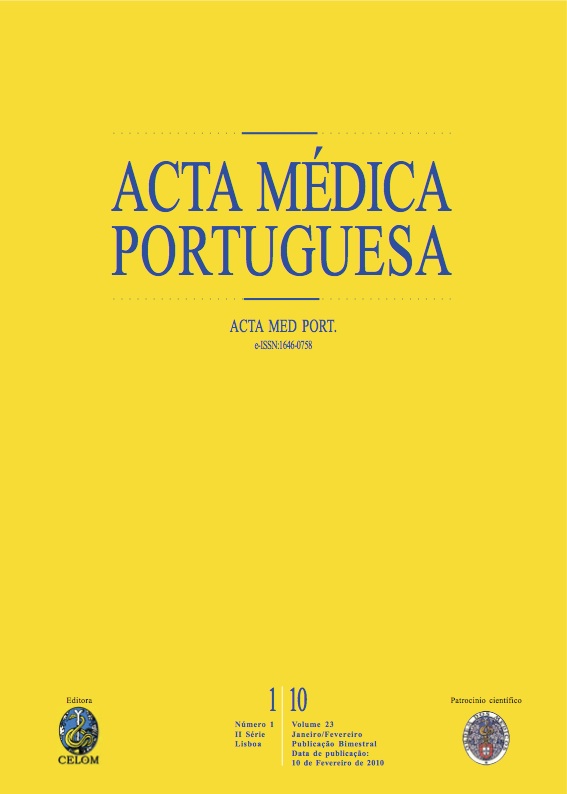Management of vertigo.
DOI:
https://doi.org/10.20344/amp.591Abstract
Dizziness is a non specific and incapacitating symptom. Its classification is based on the patient complaints and categorized in pre-syncope, disequilibrium, lightheadness and vertigo. Vertigo is the most prevalent cause of dizziness. This article pretends to review the management of vertigo, its causes, differential diagnosis and treatment.The articles used in this review were obtained from a Medline search with the keywords vertigo and dizziness, from publications from the past 5 years in the English, Spanish and Portuguese languages.Vertigo is the most prevalent cause of dizziness in primary care. It is caused by an asymmetric involvement in the basal activity of the central and peripheric vestibular pathways. It occurs in episodes and the intensity of this symptom diminishes as the causative factor dissipates or compensation occurs. The clinical evaluation is bases on the clinical history and physical examination. The first step in the differential diagnosis is to differentiate central vertigo from peripheral vertigo. Knowing the duration of symptoms, precipitating factors and associated symptoms and performing the Dix-Hallpike manoeuvre is important in achieving this. The treatment of vertigo must be specific and oriented to the cause, and the use of symptomatic therapy must be reserved to the acute episodes. The definite treatment are rehabilitation exercises.Downloads
Downloads
How to Cite
Issue
Section
License
All the articles published in the AMP are open access and comply with the requirements of funding agencies or academic institutions. The AMP is governed by the terms of the Creative Commons ‘Attribution – Non-Commercial Use - (CC-BY-NC)’ license, regarding the use by third parties.
It is the author’s responsibility to obtain approval for the reproduction of figures, tables, etc. from other publications.
Upon acceptance of an article for publication, the authors will be asked to complete the ICMJE “Copyright Liability and Copyright Sharing Statement “(http://www.actamedicaportuguesa.com/info/AMP-NormasPublicacao.pdf) and the “Declaration of Potential Conflicts of Interest” (http:// www.icmje.org/conflicts-of-interest). An e-mail will be sent to the corresponding author to acknowledge receipt of the manuscript.
After publication, the authors are authorised to make their articles available in repositories of their institutions of origin, as long as they always mention where they were published and according to the Creative Commons license.









